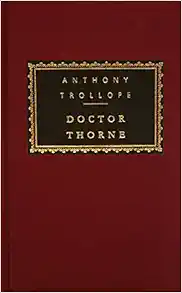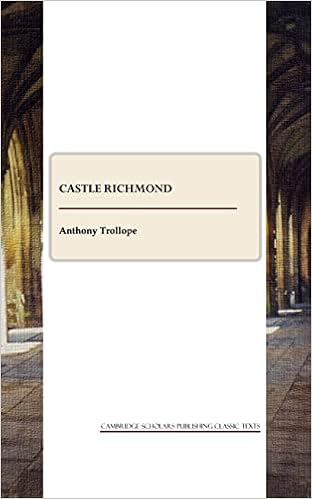
Description
Anthony Trollope (24 April 1815- 6 December 1882) was one of the most successful, prolific and respected English novelists of the Victorian era. Some of his best-loved works, the Chronicles of Barsetshire, revolve around the imaginary county of Barsetshire. Katherine Mullin is the editor, with Francis O'Gorman, of Trollope's The Duke's Children (OUP, 2011). She is the author of James Joyce, Sexuality and Social Purity (CUP, 2003), and has published articles on late-Victorian and Modernist fiction. Her most recent book is Working Girls: Fiction, Sexuality and the Modern (forthcoming 2014). Francis O'Gorman has edited Trollope's The Duke's Children (with Katherine Mullin), Ruskin's Praeterita , and Gaskell's Sylvia's Lovers for Oxford World's Classics. He has written widely on English literature, chiefly from 1780 to the present, and is currently editing Swinburne for OUP.
Features & Highlights
- 'The fact is, Mark, that you and I cannot conceive the depth of fraud in such a man as that.'
- The Reverend Mark Robarts makes a mistake. Drawn into a social set at odds with his clerical responsibilities, he guarantees the debts of an unscrupulous Member of Parliament. He stands to lose his reputation, and his family, future, and home are all in peril. His patroness, the proud and demanding Lady Lufton, is offended and the romantic hopes of Mark's sister Lucy, courted by Lady Lufton's son, are in jeopardy. Pride and ambition are set against love and integrity in a novel that has remained one of Trollope's most popular stories.Set against ecclesiastical events in the Barchester diocese and informed by British political instability after the Crimean War, Trollope's fourth Barchester novel was his first major success. This new edition sets the novel in the context of Trollope's developing craft against the backdrop of contemporary clerical and parliamentary affairs, and includes a lively introduction and invaluable notes. A compelling history of uncertain futures,
- Framley Parsonage
- is a vivid exploration of emotional and geographical displacement that grew out of Trollope's own experiences as he returned to England from Ireland in 1859.
- ABOUT THE SERIES:
- For over 100 years Oxford World's Classics has made available the widest range of literature from around the globe. Each affordable volume reflects Oxford's commitment to scholarship, providing the most accurate text plus a wealth of other valuable features, including expert introductions by leading authorities, helpful notes to clarify the text, up-to-date bibliographies for further study, and much more.





